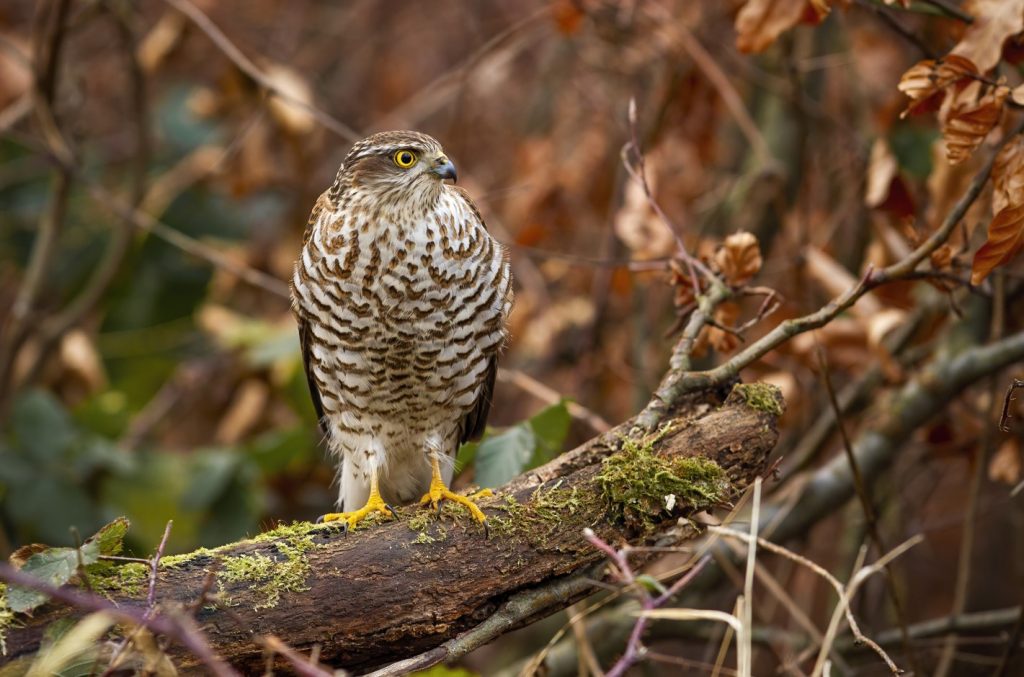30 Days Wild 2024 – Blog #1 (Duncan Coleman – Wildlife Ranger)
June is the month of ’30 Days Wild’ – an annual challenge event created by the Wildlife Trusts to encourage everyone to do something wild every day during June. Encouraging connection with nature, exploring local green spaces and improving mental health and wellbeing.
So whether it’s taking 5 mins to site in your garden with a cup of tea listening to the birds, visiting Trentham to explore the wide range of natural habitats on the estate or attending one of our Beaver Safaris, June is an ideal time of the year to go wild and connect with the natural world. For more information, visit here: https://www.wildlifetrusts.org/30dayswild
Duncan Coleman, our Wildlife Ranger and Educational Lead, has put together his top ten wildlife highlights for the month of June, which can all be seen and experienced here at Trentham!
- Dragonflies and Damselflies – with over 16 species on the estate, due to a diverse range of wetland habitats. Early summer is great time to catch sight of the UK’s largest Dragonfly species; the spectacular Emperor Dragonfly (Anax imperator), with its large size, bright blue coloration and strong relentless flight it is an amazing invertebrate to see firsthand. Dragonflies spend their juvenile stage within water, as nymphs. They are always an exciting find for children taking part in pond dipping as part of our NEW primary educational programmes.
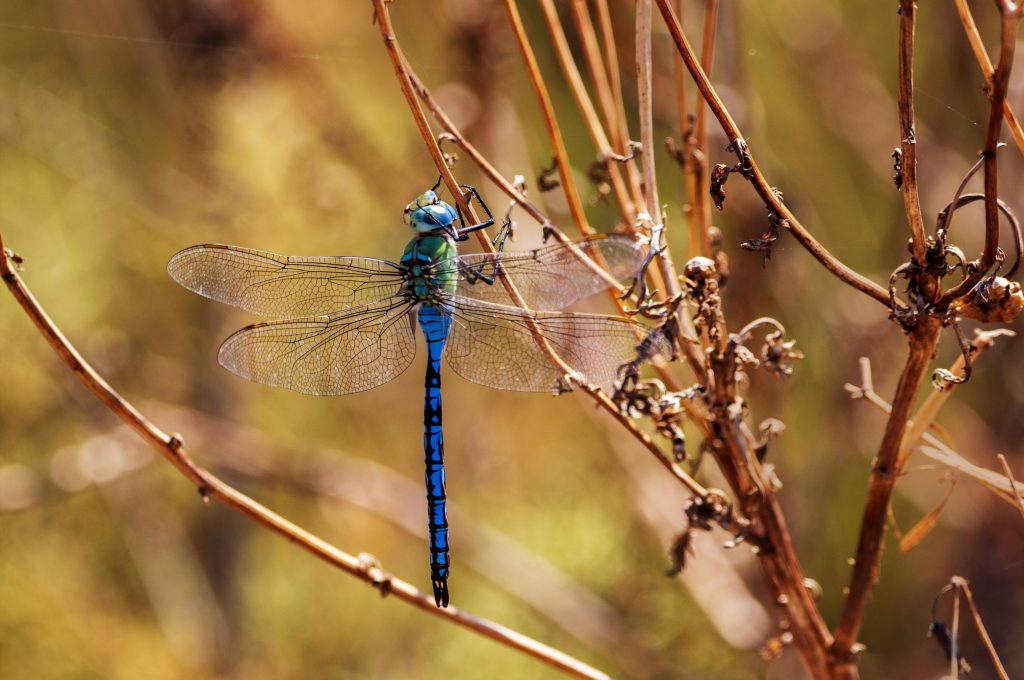
- Orchids – June is the start of the flowering season for many species, Beautiful Bee Orchids (Ophrys apifera) are one of the species recorded on estate, so it’s worth keeping your eyes peeled as you explore the estate. We recently hosted Walton High School from Stafford or took part in an introduction to scientific enquiry, involving survey grassland habitats for species diversity.
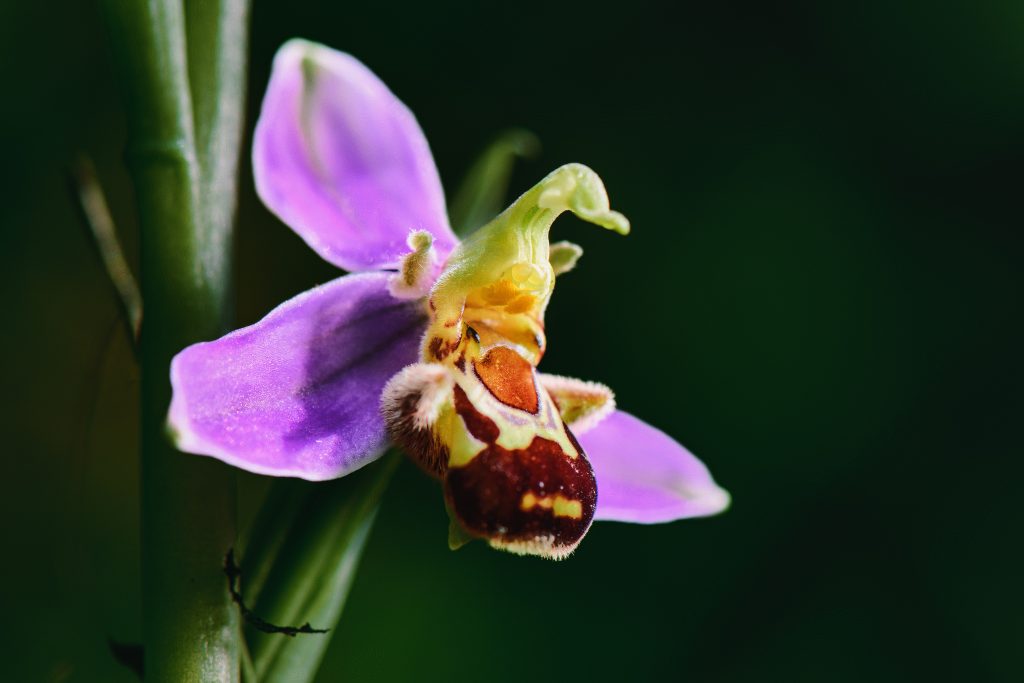
- Thick legged flower beetles (Oedemera Nobilis) are one of my favourite beetle species, with their bright green metallic sheen and swollen thighs, they are common species of meadows and grasslands – this fabulous beetle is great find when we meadow sweep with school groups, enable children to see and experience the diversity of invertebrates found in long grass.
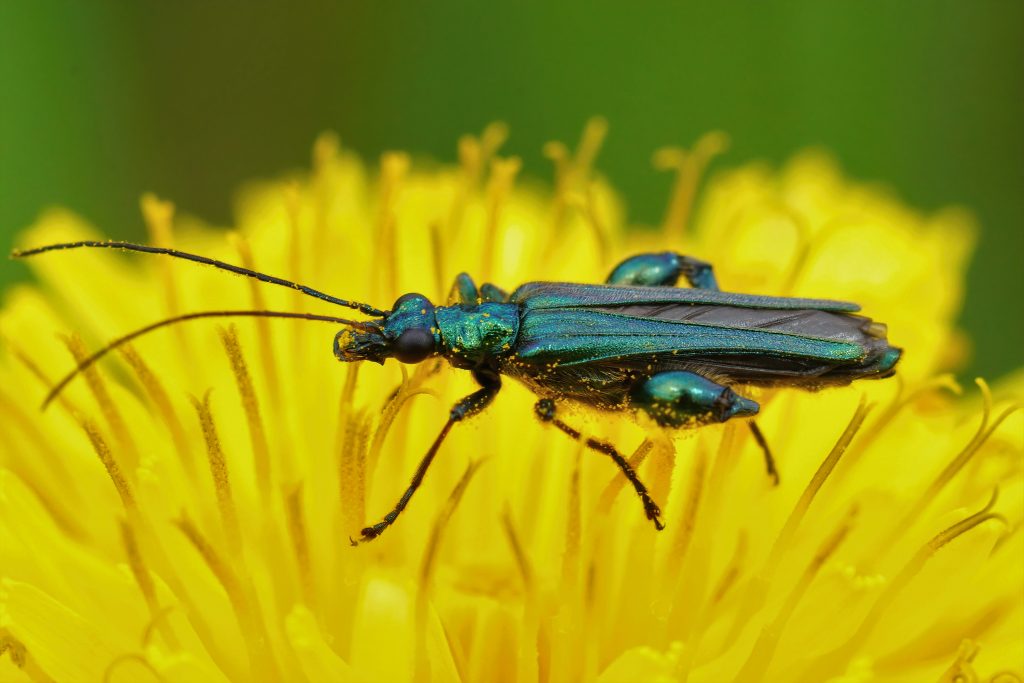
- Summer Fungi Autumn tends to be the time of year for all things fungal, but summer is great time of year for fungi, including the beautiful Dryads Saddle (Polyporus squamosus). With its feather like pattern it is also known as pheasants back. Exploring the site with school groups often leads to some interesting fungal finds. The children are always fascinated by the larger fungi and how they interact with the trees.
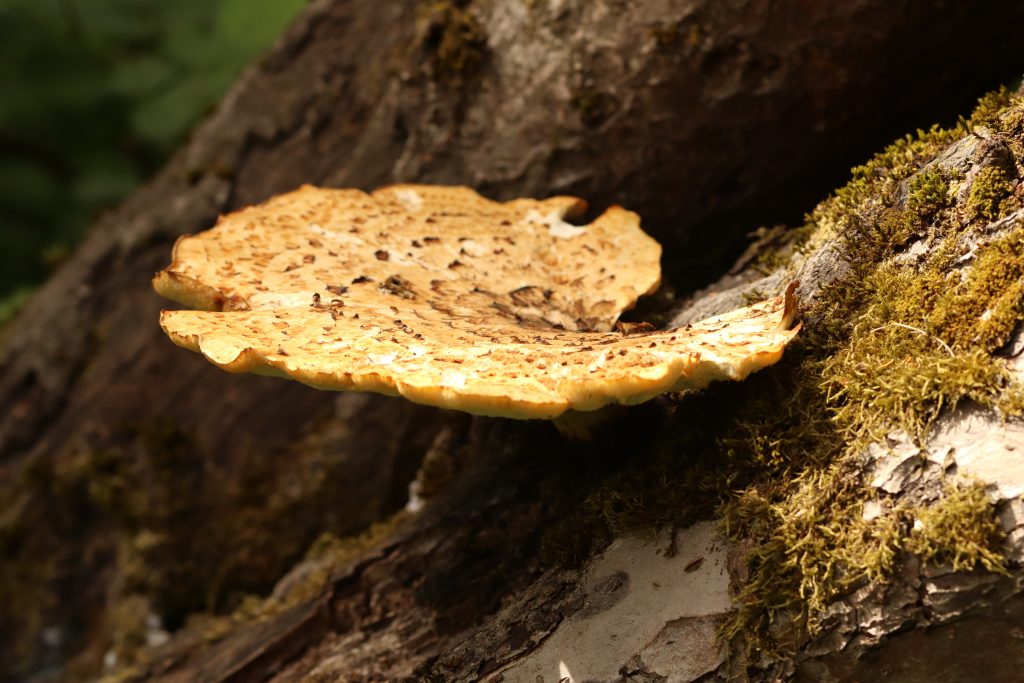
Bats – Summer is a more active time of year, with higher temperatures and more invertebrates around. We have a number of species resident on the estate. Including Daubenton’s Bat (Myotis daubentonii), also known as the water bat, this species can be observed acrobatically feeding over the lake on summer evenings, a great wildlife spectacle often seen on our beaver safaris. It can capture prey items from the surface of the water. We have some bat walks planned for this autumn, keep an eye on the website for more details!
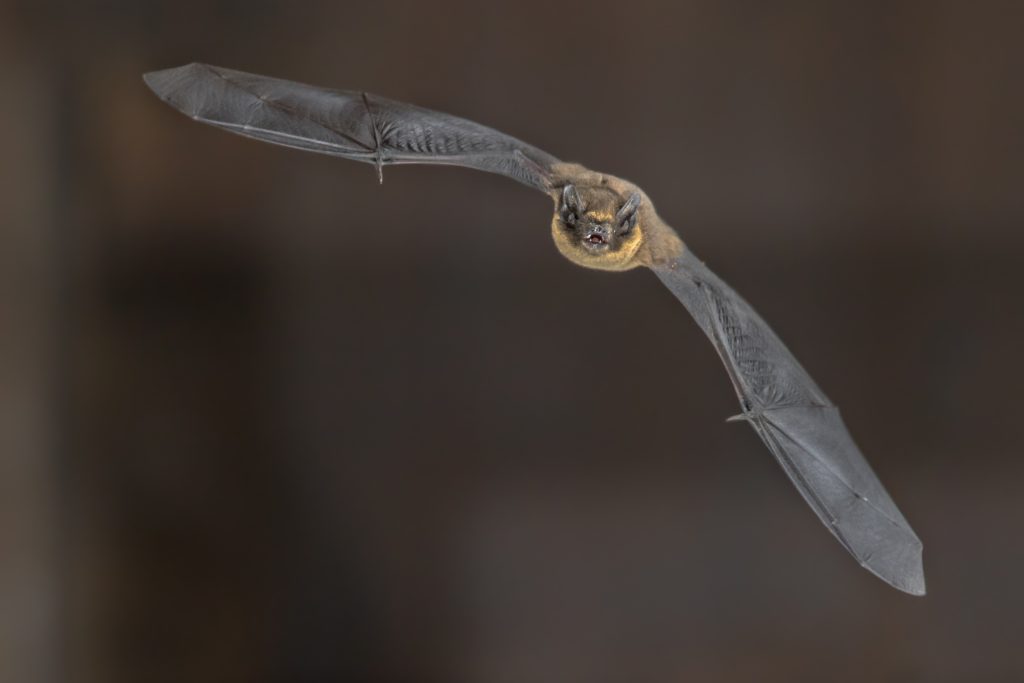
- Reptiles – With warmer weather reptiles can be more active, including the UK’s largest species of snake, the Grass Snake (Natrix natrix), reaching nearly 2 meters in length this snake is predator of small mammals and amphibians. Grass Snakes have been spotted swimming across the lake, jumping into one of our wildlife cruises, is great way to explore the lake from a different perspective and learn more about Trentham’s Wildlife.
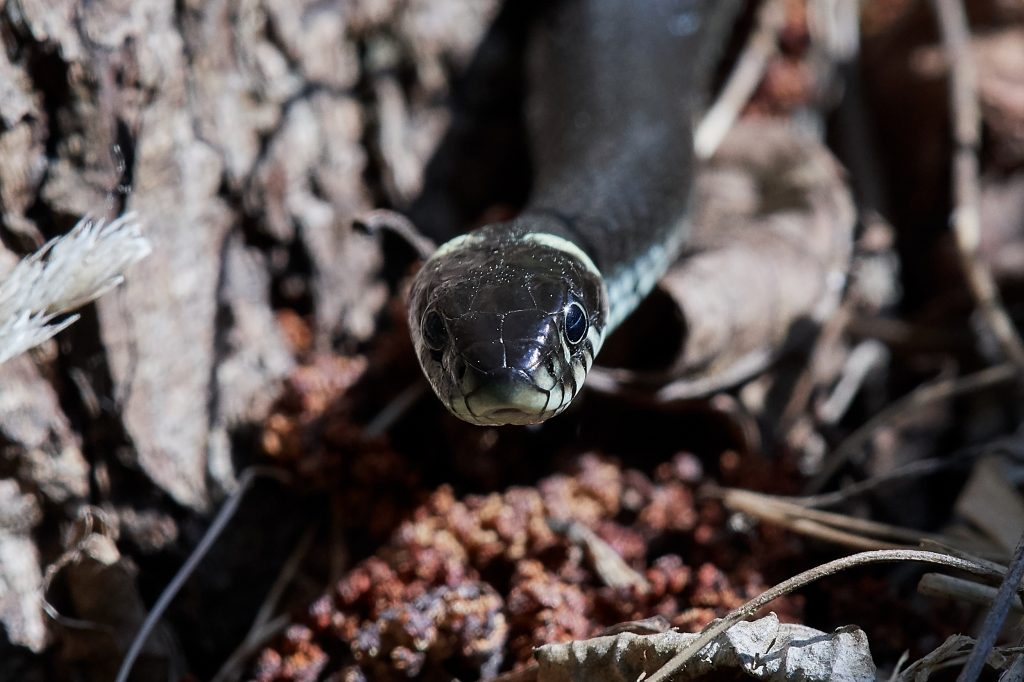
- Meadows – An amazing yet declining habitat across the UK, June is when meadows start to really flower. Meadows are a very diverse habitat for plants species. One of my favourites is the Bird’s Foot Trefoil (Lotus corniculatus) a member of the pea family and also known as a “Eggs and Bacon” it’s a great plant for pollinators and is the larval food plant for the Common Blue Butterfly (Polyommatus icarus). As part of our NEW primary education provision, school children can learn about plant life via our Curriculum linked “Plants and Growth” Programme.
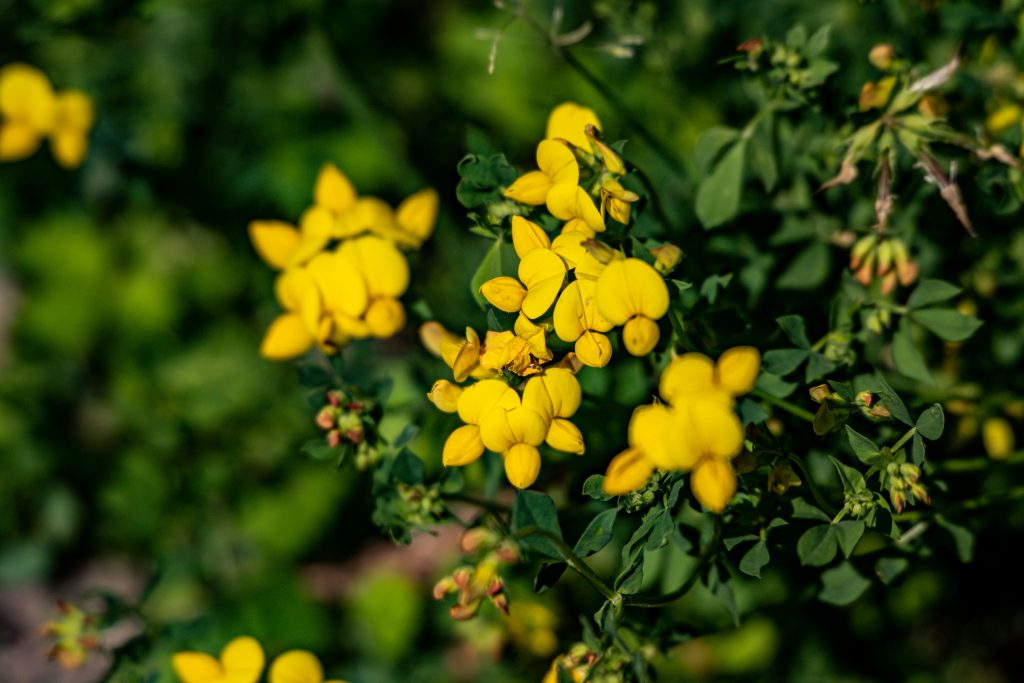
- Lime trees in flower – Trentham has many old Lime species (Tilia species), part of former garden features and Lime avenues. With even have some lime trees that pre-date Capability Brown’s influence on the estate. Lime trees in early summer are smothered with beautiful dainty white flowers great for pollinators and other invertebrates, scenting the air with the delicate fragrance. For school groups wanting to learn and flower the amazing flowers and plants on site we offer a “Flowers and pollination” education programme.
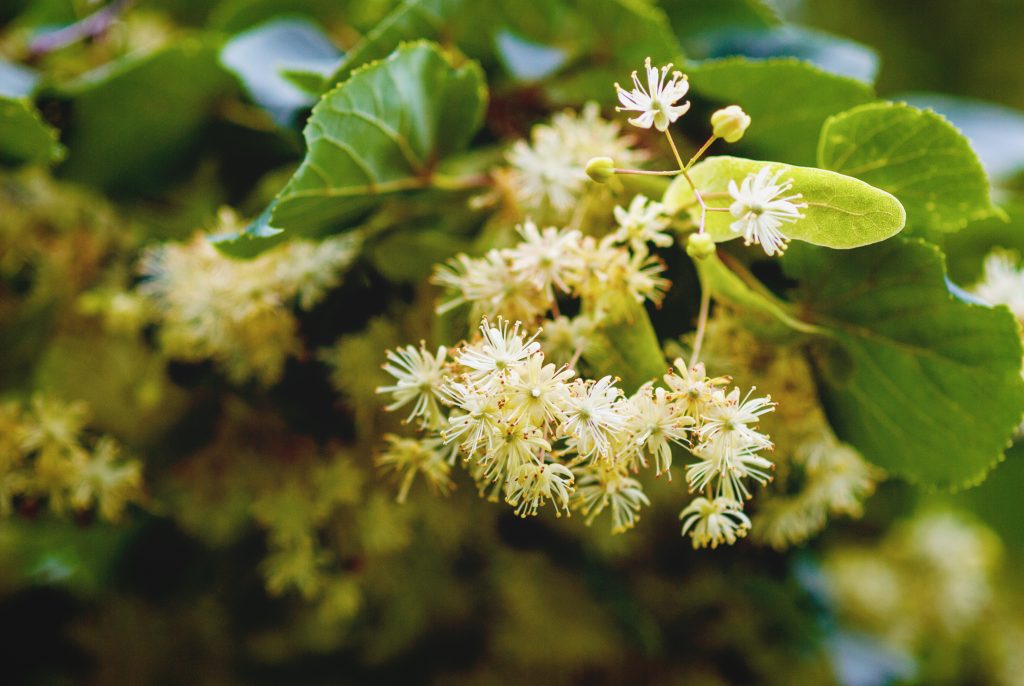
- Deer Fawns –The summer months are busy time for deer, with many species giving birth to fawns. Here at Trentham, we have a wild herd of Fallow Deer (Dama dama). These are deer of forests and woodland clearings. Giving birth to their fawns out in the open, they will leave their fawns in safe place while they graze, the fawns instinctively stay still and await their mothers return. It’s important for dog owners to keep dogs on leads at all times on the estate, particularly in Kingswood, as they could flush fawns from safety. We do have a dog off lead area that you can explore. Also, please be aware that if you find a Fawn alone, it’s not been abandoned, the best thing you can do is slowly back away and leave it be.
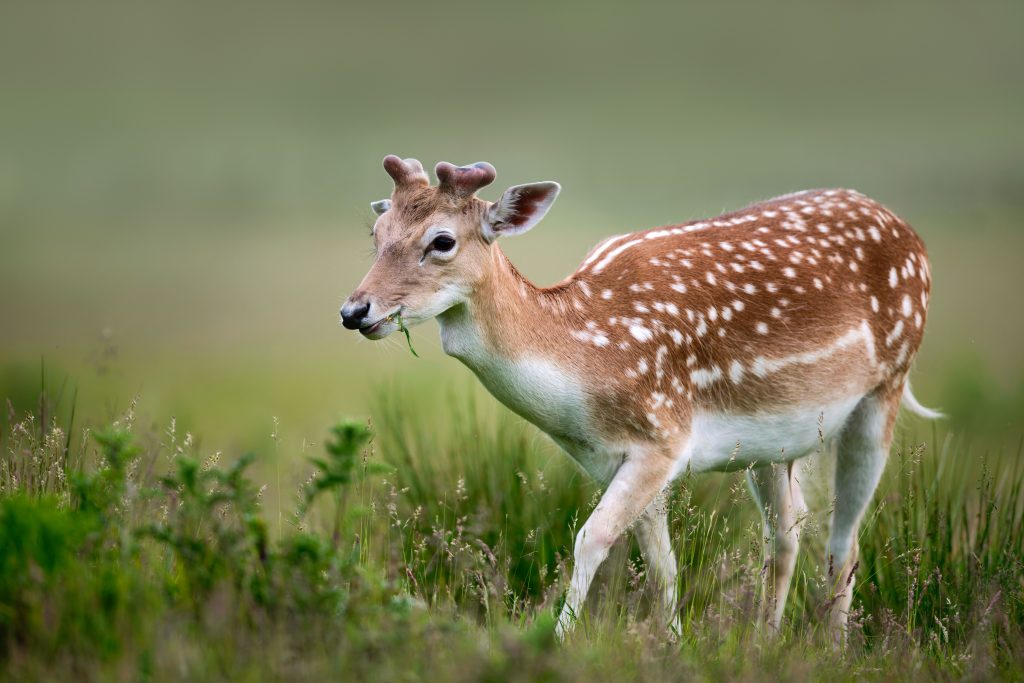
- Birds of prey, Summer is great time to spot birds of prey a peak time for fledglings results in plenty of sightings of Sparrowhawks (Accipiter nisus). A small and compact bird of prey able to hunt effectively in a closed canopy woodland, Sparrowhawks are an important predator within The Kingswood SSSI (Site of specific scientific interest. There are great bird watching opportunities across the estate and you can even rent a pair of binoculars from the visitor centre/main entrance to the gardens.
